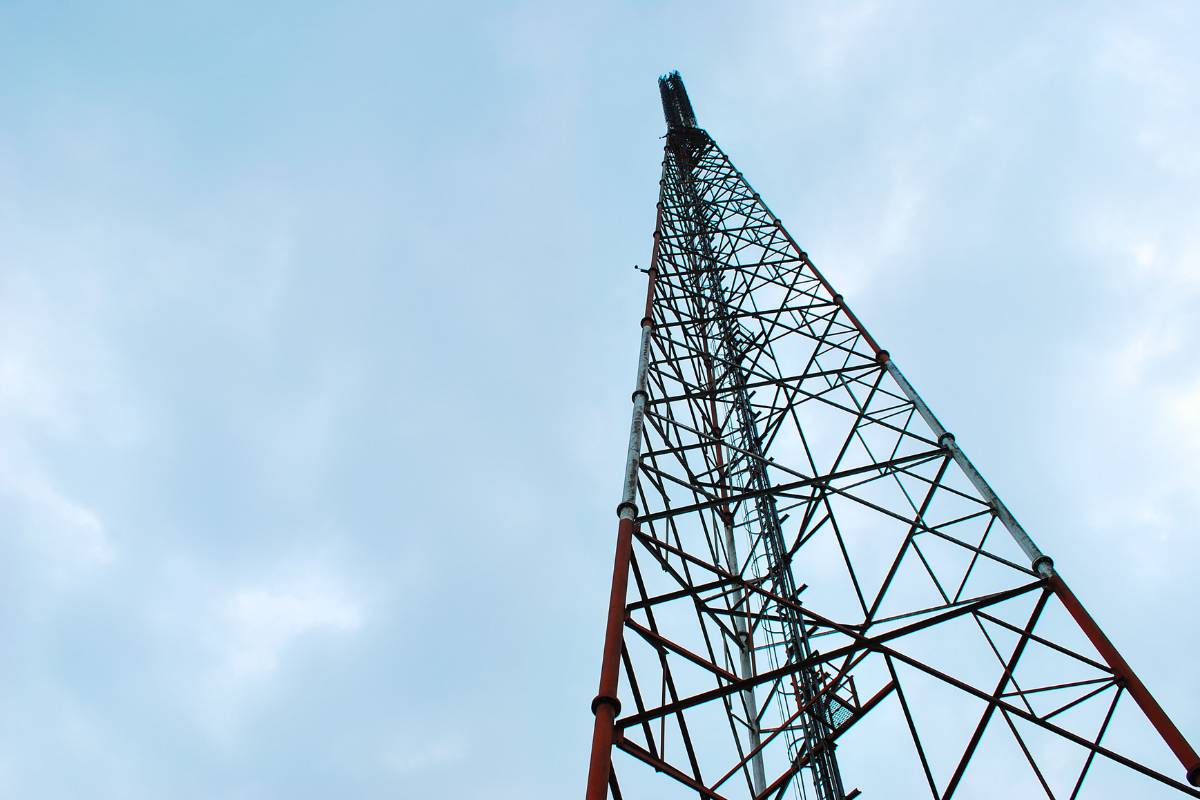The telecom companies in India are aching for some relief from any side, whether it from the regulator of the industry, the Telecom Regulatory Authority of India (TRAI) or the government, which would come from the Department of Telecommunications (DoT). While Vodafone Idea is engrossed in a deep financial trench of its own, Bharti Airtel has AGR dues and spectrum dues to pay, which have been burdened further in the March of this year courtesy of the spectrum auction. However, most of the speculations about the relief in the telecom industry have taken a myopic vision. The relief measures in the telecom industry have been expected to benefit the companies financially and help them stay in the field, aiding their survival. But, what a lot of people have missed out on are the long term effects of any relief measure that might knock on the industry’s door.
The AGR Debate
First is the debate of Adjusted Gross Revenue (AGR), which is to be paid by Vodafone Idea and Bharti Airtel. Reliance Jio remains largely out of this debate and is the only telecom operator which seems to be doing well regardless of the situation. The government has taken a two-frontal stance on the issue while saying that it wants to ensure a “three-player industry” with the survival of Vodafone Idea, whereas mounting constant pressure on the telecom companies to pay AGR dues. The DoT is also contesting Bharti Airtel for AGR dues on the spectrum bought from Videocon in the courtrooms. The DoT, on the other hand, had also demanded the AGR dues on the same spectrum during the insolvency proceedings of the former company. The same was reiterated by the legal counsel of Bharti Airtel during the latest hearing on the matter.
Floor Pricing and Its Effects
The second is the issue of floor pricing. While the sector regulator has remarked in the past that the move of setting a floor pricing for the industry would be against consumer interest, a cursory reading of the TRAI Act, 1997 would tell us that one of the main reasons the act was enacted is for the “regulation of pricing as well”. It is also true that a unilateral price hike would tip the balance in favour of more competitive forces, thus forcing the hands of the other telecom operators into an ugly price war. Instead of such a scenario, it is better the telecom sector receives a price hike from the regulator, which is well researched and uniform for all.
The Long Term Effects of Telecom Relief
Lastly, the effect of relief for the telecom industry would not be a marginal help in the telcos’ finances, but it would also serve to equip the telcos with enough fuel to take on the challenges of the fifth-generation network technology, which is going to be the driver of the digital revolution in India in the years to come. Not only that, but the pricing equation, which has been disturbed since the coming of Reliance Jio, would be put in the right place so that the consumers do not feel the presence of a large divide when the 5G services are launched, and there can be rapid adoption of the 5G technology.
